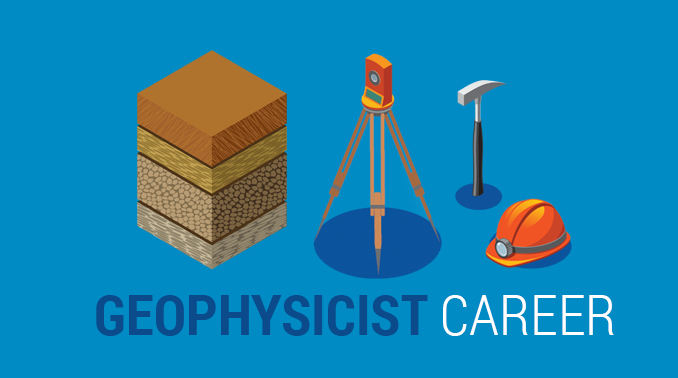All Categories
Featured
Table of Contents
Frequently Asked Questions in Darling Downs Western Australia 2022
This work is increasingly contracted out, so consultancies supply another source of work. Consultancy firms vary in size, from very little companies to large multinationals. Some consultancies are rather specialised in using particular geophysical methods or working in particular locations, while others provide a more diverse range of services to their clients.
The extraction of gas from garbage dump sites is another area of employment and this might grow in the future. Expedition business may carry out work for building firms, public utility, mining business and ecological agencies, so geophysicists may be utilized in any of these settings. Other companies include: geological surveysgovernment bodies and agenciesuniversities and research study institutes.


Vacancies might be listed in the oil and gas sector press. Recruitment is impacted by oil cost variations and the level of competitors for positions varies depending on this. Careers Days, which cover the full variety of geoscience careers and are usually attended by a variety of essential market employers, are run by The Geological Society.
Recent Advances In Optimized Geophysical Survey Design in Lesmurdie Aus 2022
A few of the big oil and gas business offer a complete two-year structured training program throughout the breadth of geophysics, consisting of the opportunity to experience work in different teams before specialising in one area. Your training might consist of work on: existing wellsmagnetic and gravitational potential field data analysisresearchrock analysis. Nevertheless, it's more typical for your preliminary training to be offered on the job.

There may be a probationary period throughout which you work alongside a knowledgeable associate. Competency-based appraisals occur frequently in many companies. In smaller companies, and for scholastic posts, there is unlikely to be any formal training - you'll be expected to start work straightaway and select up abilities as you go along.
If you work for a smaller sized business, you may discover that you need to take obligation for setting up and funding your own development and training. If you have a geology degree, membership of The Geological Society can be helpful for networking and for keeping up to date with the industry.
Career Guide: Geophysicist in Shenton Park Western Australia 2020
You might also find it beneficial to join the PESGB (The Petroleum Exploration Society of Great Britain, which has a geophysics special interest group. After a probationary period, and as soon as you have actually acquired some experience, you might progress to senior geophysicist, then group leader and after that into a senior function in management.
The ease of movement in between functions depends upon the business structure. Research study at Masters or Ph, D level in a subject related to geophysics or geosciences may assist with your profession development and development. The employment market within the oil and gas industry is really depending on price and this may impact your opportunities for career development.
However, not all jobs depend on the oil and gas industries. For knowledgeable geophysicists, freelance consultancy provides a good path for profession advancement. You can also specialise in a particular location of geophysics. As a geophysicist, you're most likely to have a number of tasks throughout your working life. Global movement is important for dealing with peaks and troughs in different nations at various times.
Geophysicist Job Description in Scarborough WA 2023
From geophysics, it's possible to focus on seismology (finishing additional training to become a seismic interpreter) or to move into associated areas such as engineering geology or threat prediction.
Choosing what to study in college is a difficult choice. Even if you understand that your field of interest lies in science, what program of study is right for you?
The first step to attaining your objective of becoming a geophysicist is making a degree. Even for entry-level positions in the field of geoscience, you'll require a bachelor's degree (a geophysicist college degree) from a certified college or university. Geophysicists need to be able to: examine rocks, pictures, and other pieces of information carry out research both in the field and in labs create maps and charts of their findings compose reports To accomplish all this, students need a specialized education for geophysicist professions.
As stated above, you'll need a bachelor's degree in geoscience or a related discipline, such as a physical science or a natural science, to land an entry-level task. But trainees can likewise prepare by learning topics like: Biology Chemistry Computer technology Engineering Mathematics Physics The above geophysicist majors provide a more generalized approach to a single clinical discipline, but the majority of programs need students to take one or more geology course.
Latest Posts
Geophysicist - Job Role - Job Information in Mahogany Creek Oz 2023
Integrated Geophysical Surveys For The Safety in Koondoola Oz 2020
What Does A Geologist Do? in Pickering Brook WA 2021